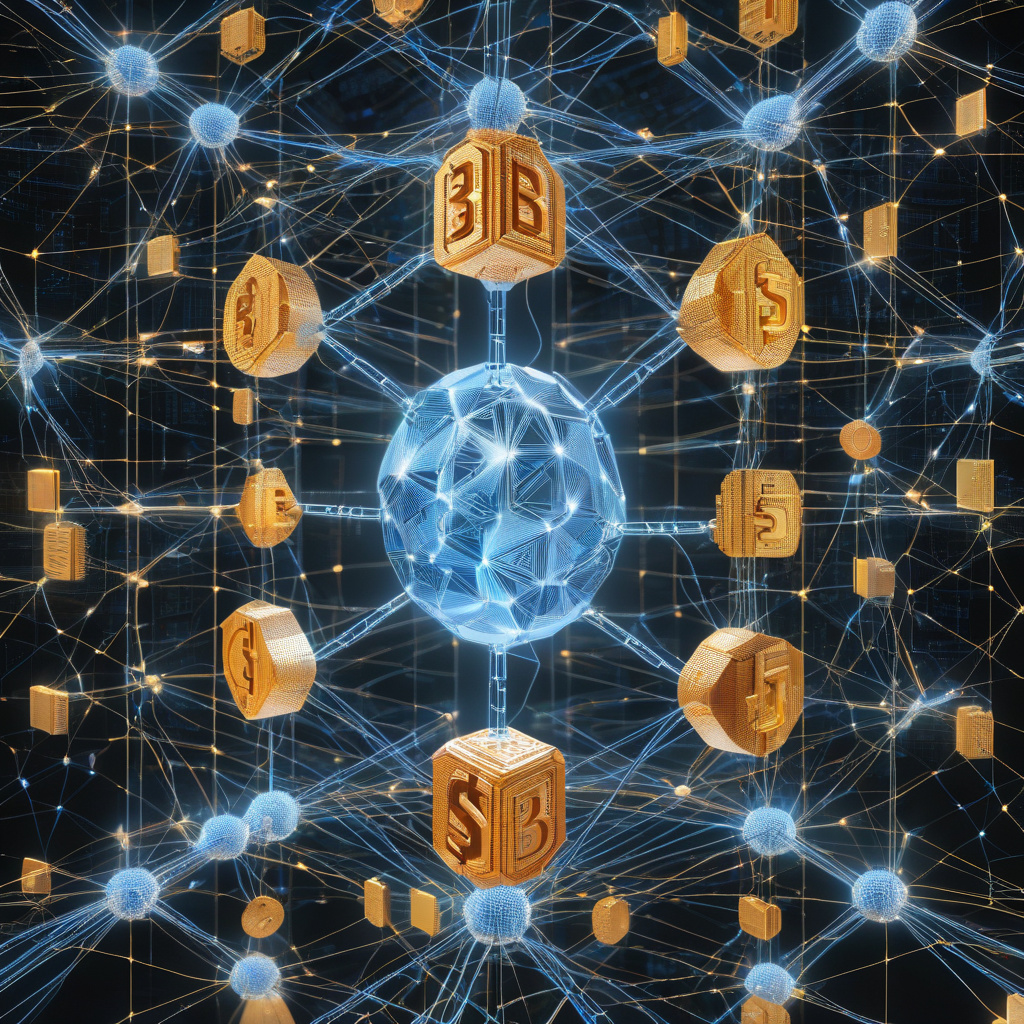Blockchain technology has become more than just the foundation of cryptocurrencies. Its decentralized, transparent, and secure nature is now transforming various sectors, including supply chains, healthcare, and education. The impact of blockchain on these industries is profound, offering innovative solutions to age-old challenges.
Supply Chains:
In the realm of supply chains, blockchain technology is revolutionizing transparency and traceability. With blockchain, every transaction and movement of goods can be securely recorded in a tamper-proof ledger. This means that stakeholders across the supply chain—from manufacturers to retailers—can track products in real-time, ensuring authenticity and preventing fraud.
For example, Walmart has implemented blockchain to enhance the traceability of food products. By scanning a QR code, customers can access detailed information about the journey of the product, from farm to shelf. This transparency not only builds trust but also helps in identifying and addressing issues like contamination or counterfeit products swiftly.
Healthcare:
In healthcare, blockchain is reshaping data management and patient care. The secure and immutable nature of blockchain makes it ideal for storing sensitive medical records and ensuring patient privacy. Moreover, blockchain enables interoperability among different healthcare providers, allowing seamless sharing of patient data while maintaining security.
For instance, MedRec is a blockchain-based system that gives patients control over their medical records. Patients can grant access to healthcare providers as needed, streamlining the exchange of information and reducing administrative burdens. This not only improves the quality of care but also enhances data security and privacy compliance.
Education:
Blockchain also holds great promise in revolutionizing the education sector. By providing a secure and verifiable way to store academic credentials, blockchain can combat issues like credential fraud and simplify the process of verifying qualifications. With blockchain, individuals can have a digital wallet containing all their certificates, degrees, and achievements, which can be easily shared with employers or educational institutions.
For example, Learning Machine, in partnership with MIT, has developed a blockchain-based system for issuing and verifying digital diplomas. This system ensures that credentials are tamper-proof and instantly verifiable, saving time and resources for both students and institutions. Moreover, it reduces the risk of credential fraud, enhancing the credibility of educational achievements.
In conclusion, the impact of blockchain on supply chains, healthcare, and education is transformative. By leveraging blockchain technology, these industries can enhance transparency, security, and efficiency in their operations. As blockchain continues to evolve, its potential to revolutionize various sectors remains vast, promising a future where trust and innovation go hand in hand.
The post The Impact of Blockchain on Supply Chains, Healthcare and Education appeared first on TechRound.

